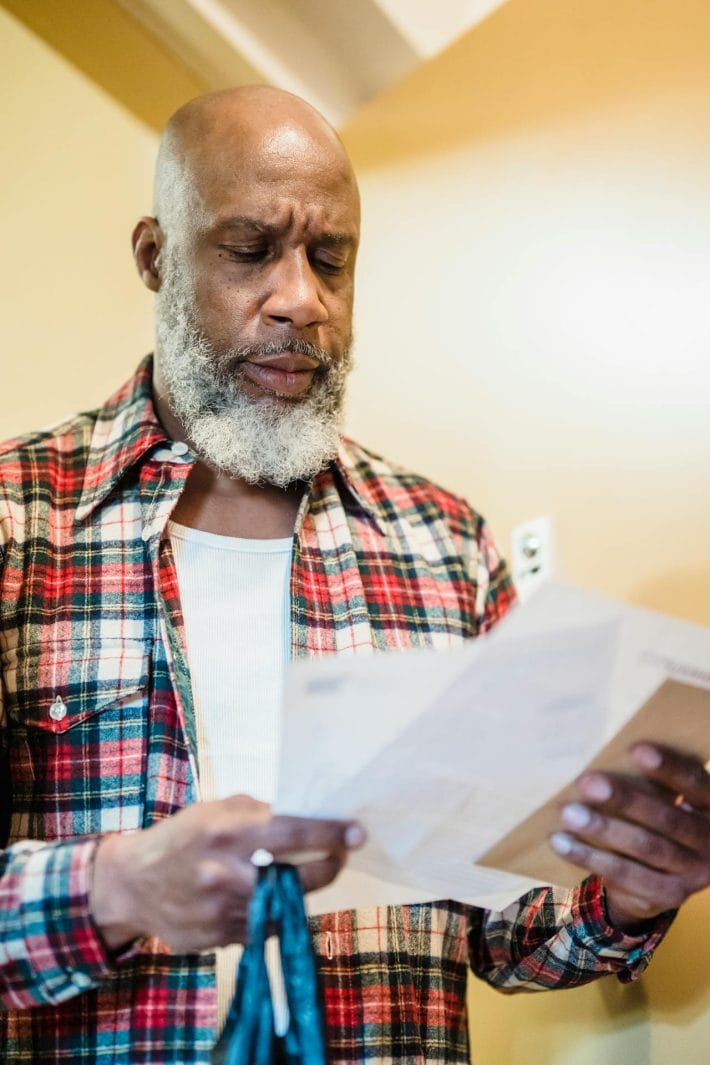You’ve done what the personal finance books told you. You have an emergency fund. You even keep it in a separate account, and you feel pretty proud every time you check the balance. But what happens when the emergency is bigger, more complicated, and more expensive than what you planned for?
Many people are shocked to discover that their so-called safety net isn’t built for a real storm. It’s designed for a flat tire, not a cancer diagnosis, a broken appliance, not a months-long job loss. Most emergency funds are underfunded, miscalculated, or based on overly simplistic advice.
Here are seven types of “emergency funds” that might make you feel secure—until they don’t.
1. A $1,000 Fund for Everything
Dave Ramsey popularized the idea of starting with a $1,000 emergency fund, and it’s not bad as a starting point. But too many people treat this as the final destination. The problem? $1,000 barely covers a single unexpected car repair or a visit to the ER.
If your emergency fund caps out at this level, you’re vulnerable to nearly every category of real-life crisis: dental surgery, rent spikes, a job layoff, or even a vet bill can wipe it out overnight.
Inflation and rising costs mean $1,000 doesn’t stretch like it used to. Use it as a foundation—but keep building until you have at least 3–6 months of living expenses.
2. A Fund That Only Covers One Type of Expense
Some emergency funds are built around a single category—say, car repairs. Or just medical bills. Or just a month’s rent. But real emergencies rarely happen in isolation. Lose your job, and suddenly you’re dealing with rent, health insurance gaps, grocery costs, and maybe even relocation expenses all at once.
When you silo your savings into one category, you risk being blindsided by the ripple effects of a crisis. A better approach is to consider your total monthly obligations and multiply them by several months. Emergency funds should be flexible enough to cover multiple areas, not just one.
3. Keeping It All in Checking (Where You’ll Spend It)
Having money set aside for emergencies is great until it becomes your weekend splurge fund. Many people keep their “emergency savings” in the same checking account they use for groceries and entertainment. That money is too easy to access, too tempting to dip into for “non-emergencies” like vacations or sales. If it’s not set apart, it’s not really protected.
Instead, consider putting your emergency fund in a separate high-yield savings account. Make it a little harder to access, so you’re not tempted to treat it like extra cash. The goal is to create friction between you and impulsive withdrawals.
4. Counting on a Credit Card as Your Emergency Backup
Relying on credit cards as your backup plan can feel smart in the short term, but it’s a slippery slope. High interest rates mean that a temporary emergency becomes long-term debt fast. If you lose your income, you may not be able to make even minimum payments, and that “safety net” can become a financial noose.
Plus, not all emergencies allow for time. What if your credit limit has quietly dropped? What if your card is maxed out already? What if a system error or fraud alert freezes your account when you need it most? Credit is a tool, not a plan. Your emergency fund should be cash-based, not credit-reliant.
5. Assuming You’ll Just “Cash Out Investments” If Needed
It’s tempting to think of your stocks or retirement fund as a backup. After all, that money is technically yours. But cashing out investments in a crisis often leads to poor timing and heavy penalties.
If the market is down when your emergency hits, you may be forced to sell at a loss. If you’re under retirement age, you could face taxes and early withdrawal fees. And if you’re tapping into your future security just to survive the present, you’re compounding problems long-term.
Investment accounts are not liquid in the way emergencies demand. Keep true emergency savings in cash or cash-equivalent accounts.
6. Underestimating Medical and Insurance Gaps
Many people assume that if they have health insurance, they’re protected from major financial fallout. But between high deductibles, co-pays, uncovered treatments, and out-of-network emergencies, medical bills can easily spiral into five figures.
The same applies to home or auto insurance. Even if you have coverage, you still face deductibles, repair costs, and time off work. Your emergency fund needs to be able to bridge the gap between insurance coverage and reality. Review your deductibles and calculate how much you’d need in a worst-case scenario. Insurance is protection, but it’s rarely total protection.
7. Thinking “My Job Is Stable, It Won’t Happen to Me”
This is one of the most dangerous assumptions of all. Your job feels secure, your company is growing, and your industry isn’t going anywhere…until it does. Layoffs happen even in “safe” sectors, and AI, automation, or economic downturns can create shockwaves no one sees coming.
Losing your job isn’t just about missing a paycheck. It could mean losing benefits, falling behind on rent or mortgage payments, and taking a lower-paying job just to survive. And job searches often take longer than you think. The average is 3 to 6 months, even for experienced professionals. If your emergency fund can’t sustain you through a long job hunt, it’s not ready for a real emergency.
How to Build an Emergency Fund That Actually Works
If you saw yourself in one or more of the points above, don’t panic. You’re not alone. But now’s the time to act before you do face a crisis. Here’s what to focus on:
Set a Realistic Goal: Aim for 3–6 months of essential living expenses. If you’re self-employed or have variable income, 9–12 months is even better.
Automate Savings: Treat it like a bill. Set up automatic transfers to a dedicated savings account after each paycheck.
Revisit Regularly: Update your savings goals annually to account for inflation, lifestyle changes, and new responsibilities.
Keep It Accessible (But Not Too Accessible): A high-yield savings account is ideal: separate from checking, but easy to access in a crisis.
An emergency fund isn’t about fear. It’s about freedom. The freedom to say no to a toxic job, cover a crisis without debt, or sleep better knowing you’re covered.
Have you ever faced an emergency that drained your savings faster than expected? What changes did it make you rethink?
Read More;
Emergency Fund 101: How Much You Really Need and How to Save It
Emergency Fund Hacks: Best Ways To Prepare for Unexpected Expenses

























